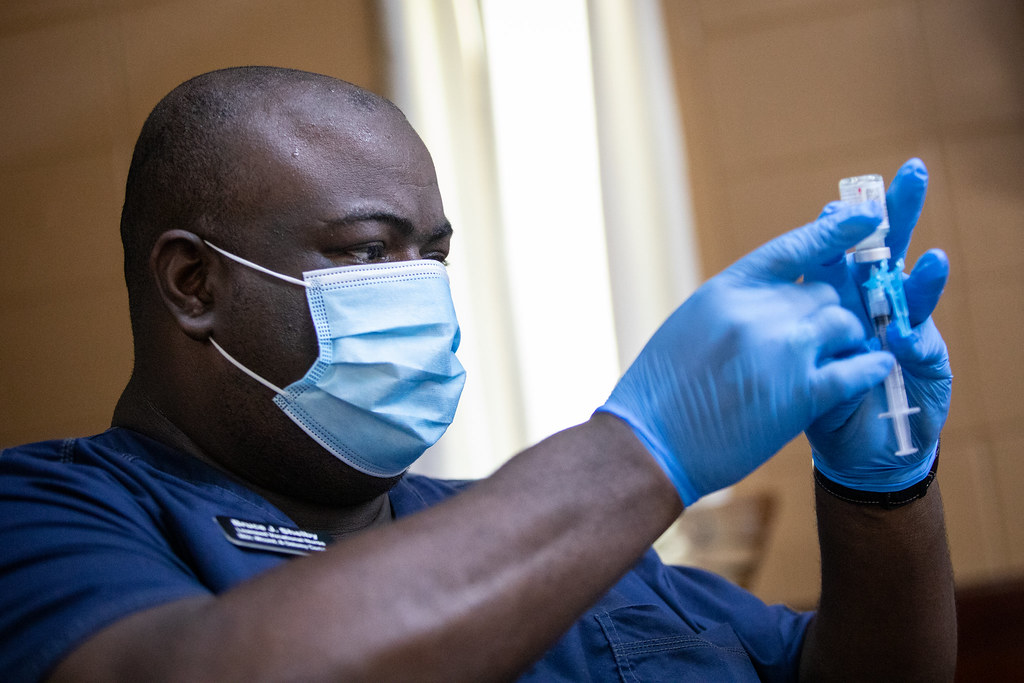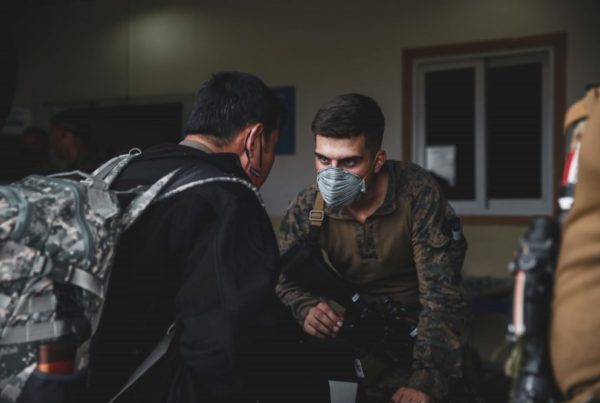Beginning in September, U.S. adults 18 years and older, who have received both shots of either the Moderna or Pfizer COVID-19 vaccines will be eligible for a booster dose.
The booster must be administered at least eight months after a person’s last COVID vaccine.
Dr. Hana Mohammed El Sahly is a professor of molecular virology and microbiology and a part of the Vaccine and Treatment Evaluation at Baylor College of Medicine in Houston. She told Texas Standard the two-dose vaccination regimens from Moderna and Pfizer provide effective protection against severe cases of COVID-19, and are effective against the delta variant, which currently accounts for most cases. But the first two shots have been less effective at preventing mild cases of the virus.
“Hospitalization and death are prevented, 90% or more, by the first two doses,” El Sahly said. “And that remains the case.”
El Sahly says two more layers of review need to happen before booster shots become available. The FDA must approve the booster, and the American Committee on Immunization Practices, or ACIP, which is an advisory committee to the CDC, must evaluate the effectiveness of the shot to determine which populations are good candidates for boosters.
Pfizer submitted a booster dose for approval that is identical to its first two shots. El Sahly says Moderna is set to submit its booster to the FDA soon.
Currently, adults with compromised immune systems are eligible to receive a third dose of a COVID-19 vaccine. A booster could be important for people in these situations, because studies show they do not get the same level of protection from the first two doses as do those whose immune systems are not compromised.
“These are individuals who have solid organ transplantation, they have cancer and are on immune-suppressing medication, they have, potentially, auto-immune diseases and they are on regular medications that bring down their immunity,” El Sahly said.














